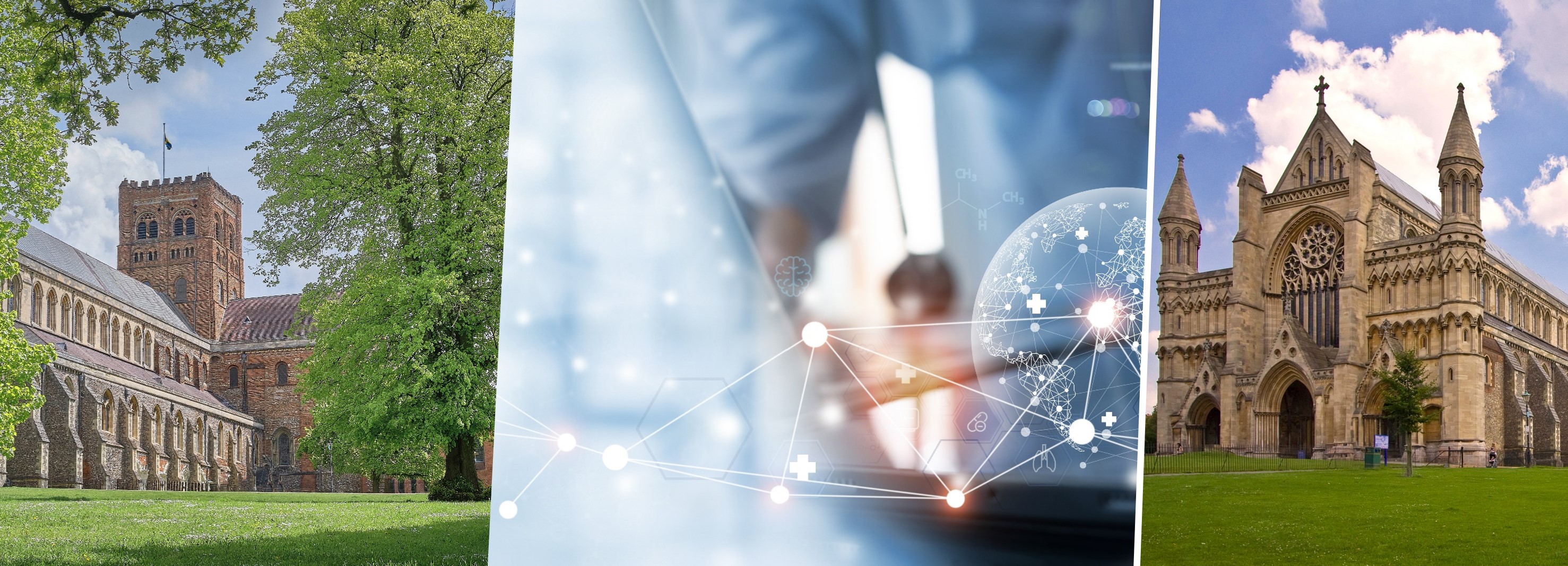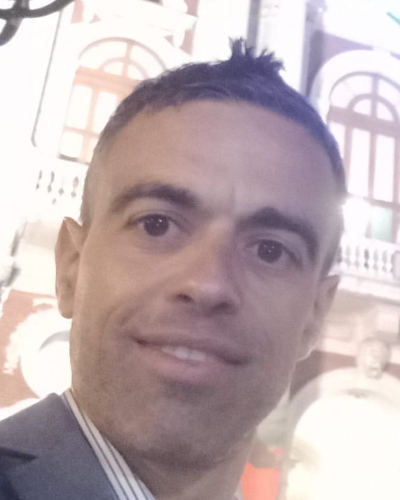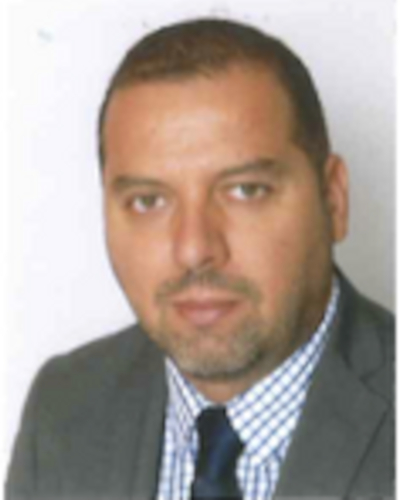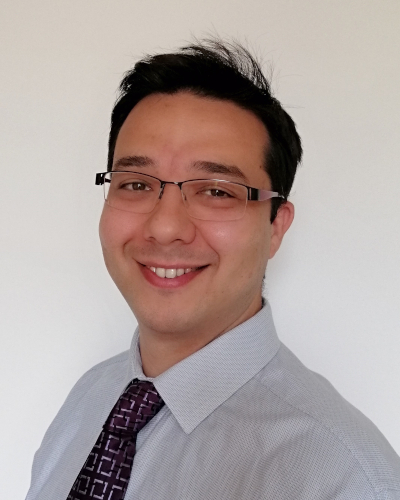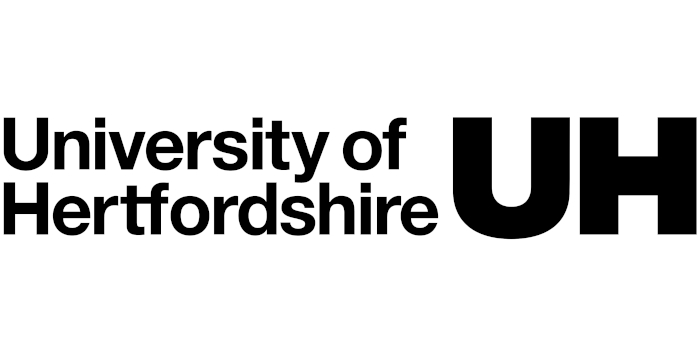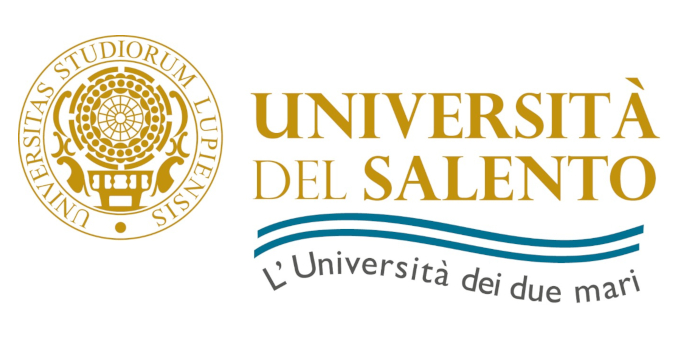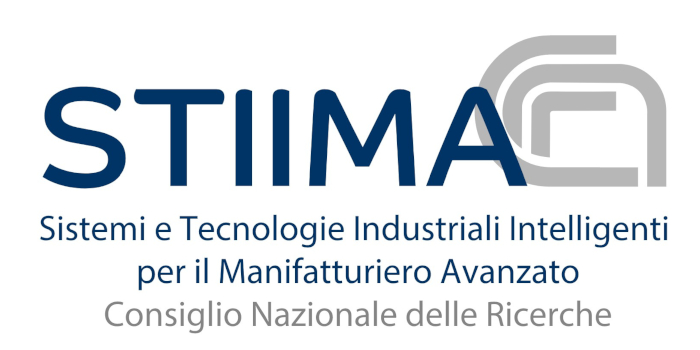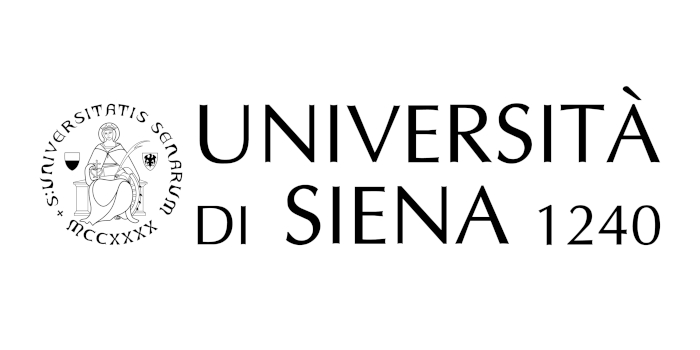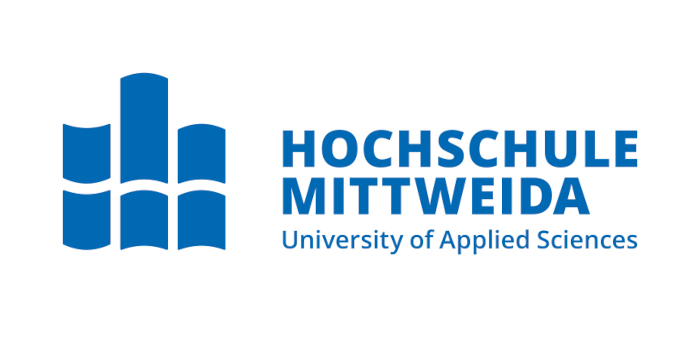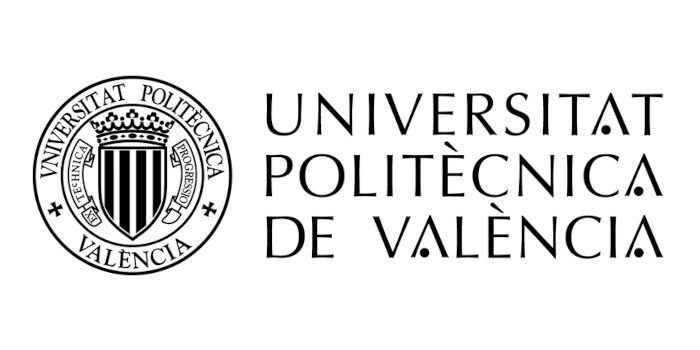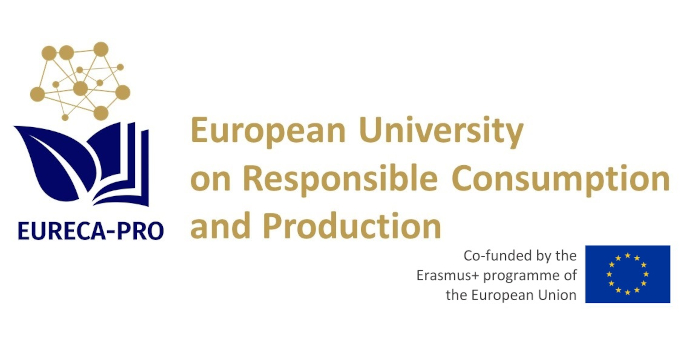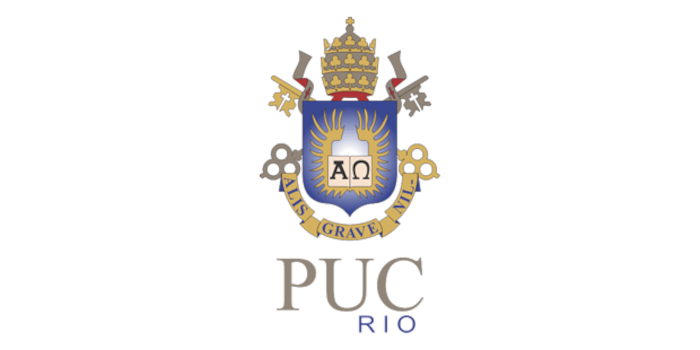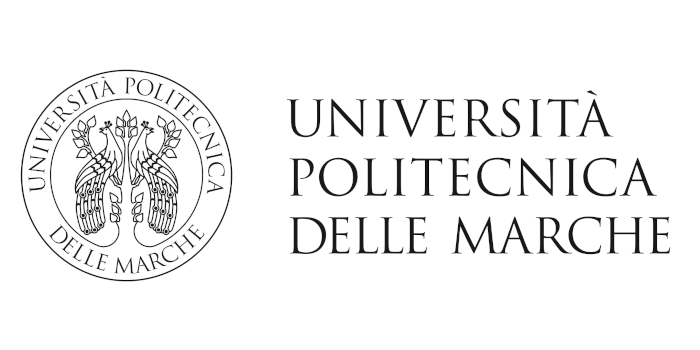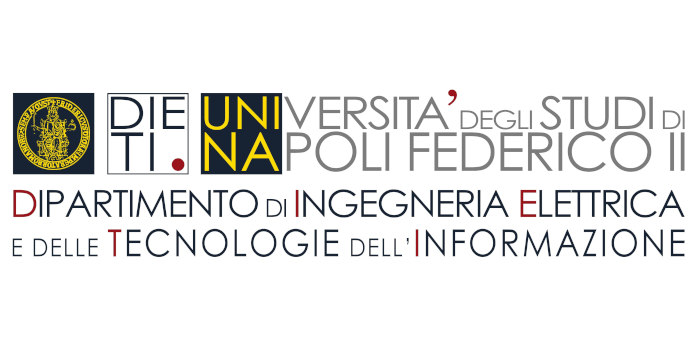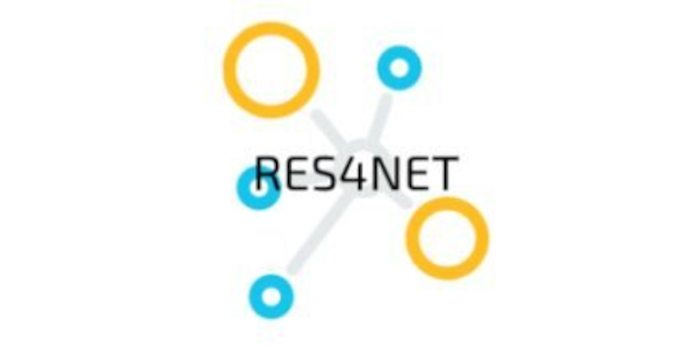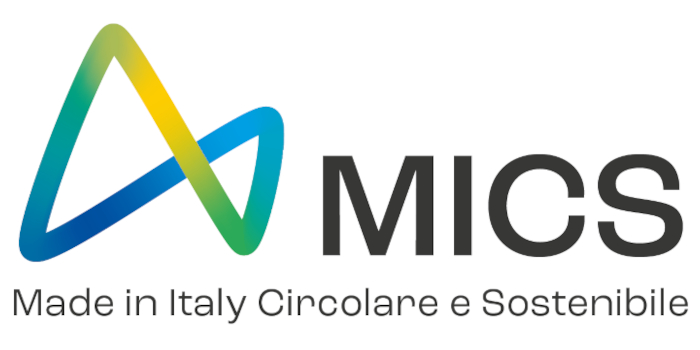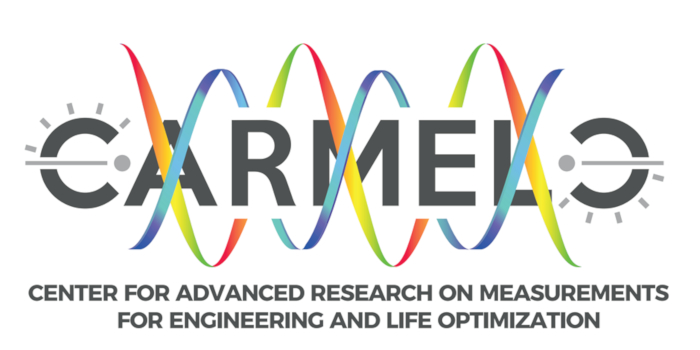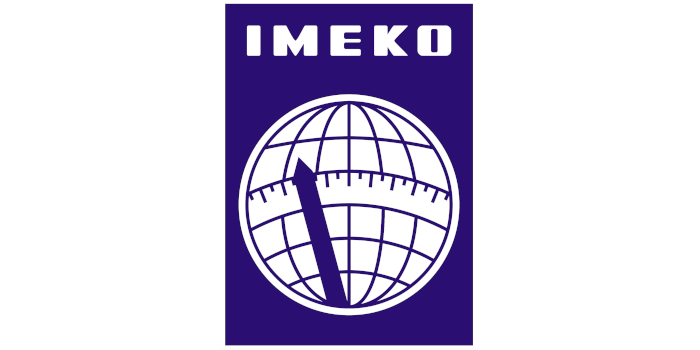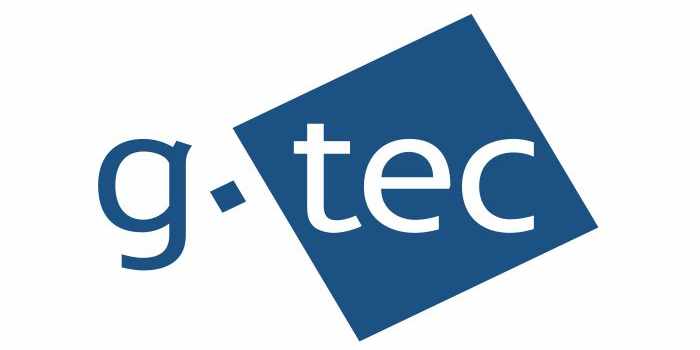SPECIAL SESSION #42
Bio-Inspired and Neuromorphic Applications of Memristive Devices
ORGANIZED BY
Alon Ascoli
Politecnico di Torino, Italy
Fernando Corinto
Politecnico di Torino, Italy
Ahmet Samil Demirkol
Technische Universität Dresden, Germany
Ronald Tetzlaff
Technische Universität Dresden, Germany
Martin Ziegler
Technische Universität Ilmenau, Germany
Stefan Slesazeck
NaMLab
ABSTRACT
The inevitable end of the Moore era, together with the increasing demand for artificially-intelligent portable and light-weight devices for Internet-of-Things communications calls for the necessity to explore novel device concepts as well as to develop paradigms of computation closer to the efficient operating principles of biological systems. Given their extraordinary capability to sense, process and store data across a compact physical medium, physical memristor realizations are among the most suitable candidate devices to develop bio-inspired hardware platforms, which may outperform traditional computing machines, still anchored to the obsolete von Neumann architecture. Moreover, given the close resemblance of certain resistance switching memories to biological structures, either ion channels or synapses, depending on their practical implementation, an extensive adoption of these two-terminal devices may pave the way to the design of innovative neuromorphic circuits and systems, which may improve our understanding of biological system, on one hand, and allow an energy-efficient management of visual, auditory, tactile and olfactory sensory data in Edge Computing applications. Fostering progress in this exciting multi-disciplinary research field, especially toward the design of energy efficient technical systems for Artificial Intelligence applications, calls for the necessity to merge the complementary expertise of theoreticians and experimenters. In fact, while the theory has a fundamental importance for shedding light into the complex dynamics of intrinsically-nonlinear memristor nanodevices, as well as to develop a systematic approach to the design of robust circuits and systems, leveraging their peculiar properties, the Science of Metrology assumes a crucial importance for the characterization of these devices and the verification of the functionalities of energy-efficient electronic circuits based upon them. The aim of this special session is to provide the attendees of IEEE MetroXRAINE with the opportunity to learn about the latest developments and future challenges in the area of bio-inspired neuromorphic applications of memristive devices. The session shall host talks from some of the most renowned scientists in this exciting field of research. We shall purposely invite experts with different yet complementary technical know-how, so as to offer the scientific community with a broad overview of the state-of-the-art in this multidisciplinary research field, which necessarily calls for a strong cooperation between material engineers, chemists, physicists, circuit and system theoreticians, electronic circuit designers, computer architects, software developers, and neuroscientists and biologists.
TOPICS
Of course, this session shall also allow knowledge sharing, exchange of ideas, establishment of novel forms of scientific cooperation, stimulate intellectual discussions, identify future research directions, and contribute to the academic formation of PhD and post-doctoral students. The special session shall cover, but is not limited to, the topics to follow:
- Emerging bio-mimetic device concepts
- Device characterization and modelling
- Theoretical and Metrological studies
- Artificial Intelligence applications
- Bio-relevant data sensing, computing and storage paradigms via mem-devices
- Bio-inspired and neuromorphic circuit design
- Cellular Nanoscale Networks
- Spiking neural networks
- Computing reservoirs
- In-memory computing architectures
- Optimization systems
ABOUT THE ORGANIZERS
Alon Ascoli (Senior IEEE Member) received a Habilitation as Full (Associate) Professor in Elettrotecnica, i.e. Electrical Circuit Theory, from the Italian Ministry of Education in May 2023 (April 2017). He was conferred a Habilitation as Full Professor in Nonlinear Circuit Theory from Technische Universität Dresden, Dresden, Germany, in February 2022. Previously, he was conferred a Ph.D. Degree in Electronic Engineering from University College Dublin, Dublin, Ireland, in 2006. He is currently an Associate Professor at the Department of Electronics and Telecommunications of Politecnico di Torino, Turin, Italy. He was affiliated with the Institute of Principles of Electrical and Electronic Engineering of Technische Universität Dresden from Dec. 2012 to Nov. 2023. He develops system-theoretic methods for the analysis and design of bio-inspired memristive circuits as well as for understanding complex phenomena in biological systems. He was the recipient of the Darlington Best Paper Award from the IEEE Trans. on Circuits and Systems in 2023. He was honored with Best Paper Awards from the International Journal of Circuit Theory and Applications (IJCTA) in 2007, and from the International Conference on Modern Circuits and Systems Technologies (MOCAST) in 2020 and in 2022. He is a member of the Scientific Advisory Board of the Chua Memristor Center (CMC), and of the IEEE Nanoelectronics and Gigascale Systems (Nano-Giga) Technical Committee (TC) of the Circuits and Systems Society (CASS). He served as Chair of the IEEE CASS Cellular Nanoscale Networks and Array Computing TC, i.e. CNNAC TC (of the IEEE CASS Cellular Nanoscale Networks and Memristive Array Computing TC, i.e. CNN-MAC TC) from 2019 to 2021 (from 2021 to 2023).
Fernando Corinto received the Masters' Degree in Electronic Engineering and the Ph.D. degree in Electronics and Communications Engineering from the Politecnico di Torino, in 2001 and 2005 respectively. He also received the European Doctorate from the Politecnico di Torino, in 2005. Prof. Corinto was awarded a Marie Curie Fellowship in 2004. He is currently Professor of Electrical Engineering with the Department of Electronics and Telecommunications, Politecnico di Torino. His research activities are mainly on nonlinear dynamical circuits and systems, complex/neural networks and memristor nanotechnology for optimization problems. Prof. Corinto is co-author of 4 books, 10 book chapters and more than 180 international journal and conference papers. Since 2010, he is Senior Member of the IEEE. He is also Member of the IEEE CAS Technical Committees on “Cellular Nanoscale Networks and Array Computing” and “Nonlinear Circuits and Systems”. Prof. Corinto served as Vice-Chair of the IEEE North Italy CAS Chapter. Prof. Corinto has been Associated Editor of the IEEE Trans. on Circuits and Systems - I for 2014-2015. He is also in the Editorial Board and Review Editor of the International Journal of Circuit Theory and Applications since January 2015. Prof. Corinto has been the Vice Chair of the COST Action “Memristors - Devices, Models, Circuits, Systems and Applications (MemoCiS)”. Prof. Corinto has been DRESDEN Senior Fellows at the Technische Universität Dresden in 2013 and 2017. Prof. Corinto is also August-Wilhelm Scheer visiting professor at Technische Universität München and member of the Institute for Advanced Study -Technische Universität München.
Ahmet Samil Demirkol received his Ph.D. degree in Electronics Engineering from Istanbul Technical University, Turkey in 2014. He is currently a research associate with the chair of Fundamentals of Electrical Engineering at TU Dresden, since 2019. Previously, he was the lead researcher in an industrial joint project at the same chair between 2015-2019, and a research fellow at University of Catania, Italy between 2014-2015. His current research interests cover modeling of memristors, analysis and design of memristive systems, Cellular Nonlinear Networks, and neuromorphic circuit design. Furthermore, he has a strong research experience in Circuit Theory, Harmonic Distortion Analysis using Volterra Series, Compact Device Modeling, Analog Circuit Design, Active Network Synthesis, Nonlinear Dynamics and Chaos.
Ronald Tetzlaff (Senior IEEE Member) is a Full Professor of Fundamentals of Electrical Engineering at TUD | Dresden University of Technology, Germany. From 1999 to 2003 Ronald Tetzlaff was Associate Editor of the IEEE, Transactions on Circuits and Systems: part I. He was “Distinguished Lecturer” of the IEEE CAS Society (2001 to 2002). He is a member of the scientific committee of different international conferences. He was the chair of the 7th IEEE International Workshop on Cellular Neural Networks and their Applications (CNNA 2002) and organized several special sessions at circuit and systems related conferences. From 2005 to 2007 he was the chair of the IEEE Technical Committee Cellular Neural Networks & Array Computing. Ronald Tetzlaff is a member of the Informationstechnische Gesellschaft (ITG) and the German Society of Electrical Engineers and of the German URSI Committee. Ronald Tetzlaff is in the Editorial Board of the International Journal of Circuit Theory and Applications since 2007 and he is also in the Editorial Board of the IEEE, Transactions on Circuits and Systems: part II since 2016. He was Associate Editor of the AEÜ – International Journal of Electronics and Communications from 2008 to 2016. Ronald Tetzlaff was the chair of the 18th IEEE Workshop on Nonlinear Dynamics of Electronic Systems (NDES 2010), the chair of the 5th International Workshop on Seizure Prediction (IWSP5 2012) , the chair of the 21st European Conference on Circuit Theory and Design (ECCTD 2013), the chair of the 5th Memristor and Memristive Symposium 2019, and of the 15th IEEE International Workshop on Cellular Nanoscale Networks and their Applications (CNNA 2016). He was serving as the leader of working group 2 (Memristor Theory, Modelling and Simulation) in the EU COST action MemoCIS (IC 1401) on Memristors – Devices, Models, Circuits, Systems and Applications. Ronald Tetzlaff serves as a reviewer for several journals and for the European Commission.
Martin Ziegler received his Ph.D. degree in Physics from the University of Kiel, Germany, in 2009 and a Habilitation in Electrical Engineering from the University of Kiel, Germany, in 2016. He is currently a full professor and the Chair of Microand Nanoelectronic Systems at the Faculty of Electrical Engineering and Information Technology of the Technische Universität Ilmenau, Germany. He works in the field of neuromorphic engineering. His main research interests concern the transfer of biological learning and memory into electronic systems. For this purpose, he studies and applies memristive materials and devices, micro-electromechanical systems, and neuromorphic circuits.
Stefan Slesazeck received the Ph.D. degree from TU Dresden in 2004. Since 2009 he is a Senior Scientist with NaMLab responsible for concept evaluation, hardware development, electrical characterization, and modeling of memories. On these topics, he is (co)-author of >200 publications and holds 10 US patents. His research interests comprise the development of novel memory devices and memristors with a focus on ferroelectric devices such as FTJs as well as research on novel computing paradigms based on these devices. Currently Stefan is coordinator of the EU HORIZON project FIXIT. Prior to joining NaMLab Stefan was a project leader for the predevelopment of new memory concepts and 3D devices with Qimonda, Dresden, Germany.

